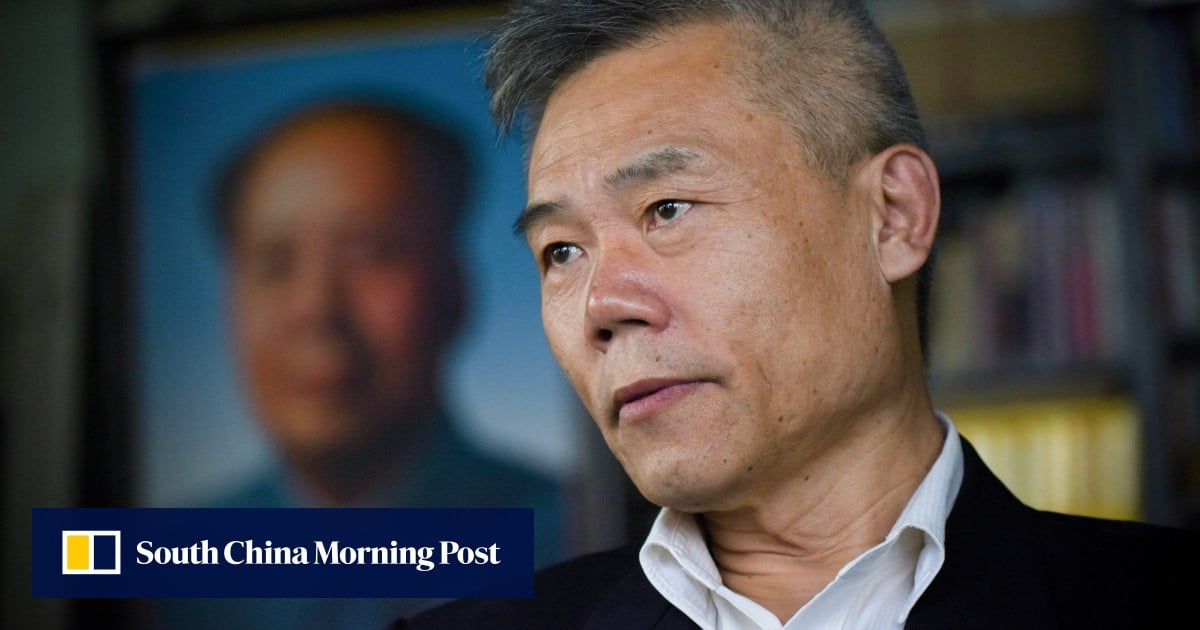

In a troubling development for freedom of expression in China, the X account 'Teacher Li is not Your Teacher' (李老师不是你老师), which boasts 1.8 million followers, has reported being shadow banned. This incident coincides with the two-year anniversary of the White Paper Movement protests that erupted in November 2022, highlighting ongoing tensions surrounding human rights and censorship in the country. The account's operator, Li Ying (李颖), has faced significant digital repression since launching the account in April 2022, including doxing and threats against his family. [c1e3141b]
ARTICLE 19, an organization advocating for freedom of expression, has called for X to immediately lift the shadow ban and to disclose any actions taken in response to censorship requests from authoritarian regimes like China. Li Ying reported that searches for his account now yield numerous impersonators, further complicating efforts to access his content and undermining the authenticity of his voice. [c1e3141b]
This incident is part of a broader pattern of censorship in China, where the government has increasingly targeted outspoken individuals and organizations that challenge its narrative. The recent ban on ultranationalist blogger Sima Nan, who was previously muted for his pro-Trump rhetoric, exemplifies the regime's intolerance for dissenting voices. [c3532274]
As the Chinese government continues to tighten its grip on social media and public discourse, the implications for human rights advocates and the general public are profound. The shadow banning of accounts like Li Ying's not only stifles individual expression but also reflects a systematic effort to suppress dissent and control the narrative surrounding significant political movements. [c1e3141b][c3532274]